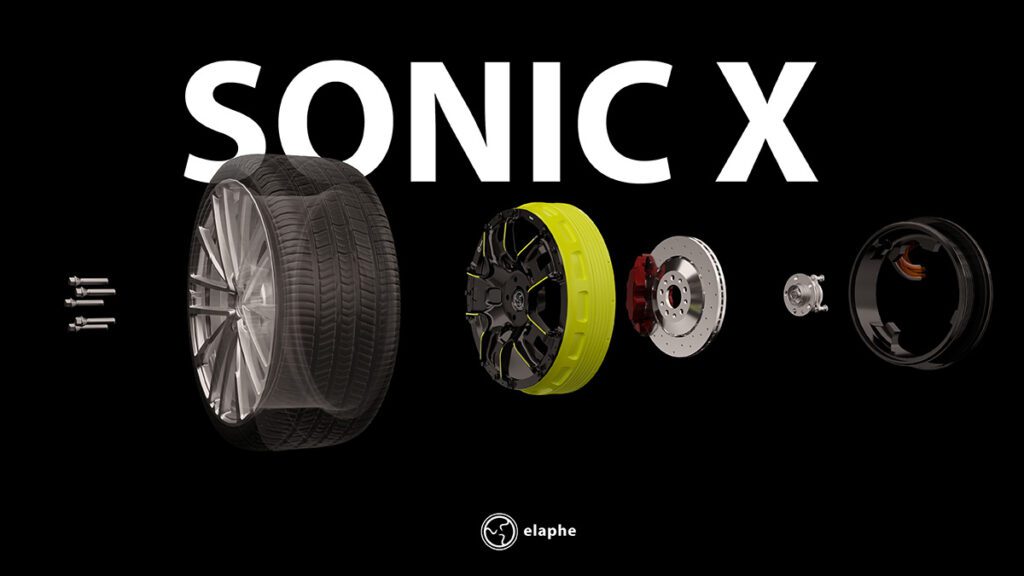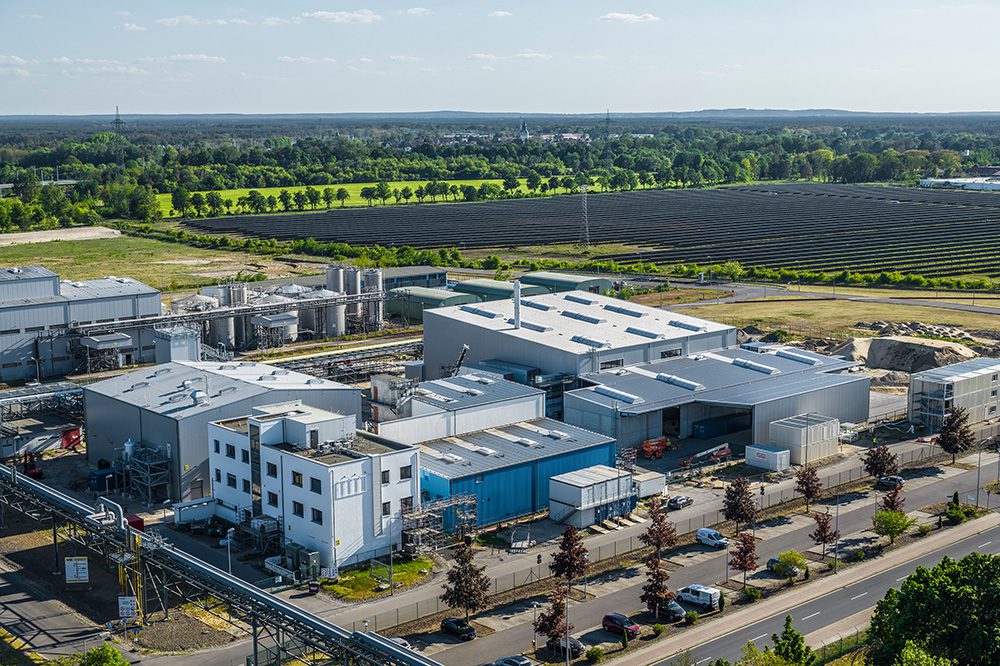The government of Canada is moving forward to develop a national strategy to increase the number of zero-emission vehicles on Canadian roads by 2018.
Under the Pan-Canadian Framework on Clean Growth and Climate Change, federal, provincial and territorial governments have committed to work with industry and stakeholders to develop a Canada-wide strategy that will build on existing initiatives, such as light-duty vehicle regulations, provincial ZEV programs, and innovation superclusters, to help meet the country’s 2030 emissions reduction target.
A national Advisory Group, including representatives from governments, industry, consumer and non-government organizations and academia, will develop options for addressing the key barriers to EV adoption in such areas as: vehicle supply; cost and benefits of ownership; infrastructure readiness; public awareness; and clean jobs.
The national budget for 2017 includes $120 million for Natural Resources Canada to deploy infrastructure for EVs, as well as natural gas and hydrogen vehicles.
Transportation accounts for about 24% of Canada’s greenhouse gas emissions, mostly from cars and trucks. In 2015, light-duty vehicle emissions accounted for approximately 50% of Canada’s transportation-related emissions, and 12% of the country’s total emissions.
Source: Green Car Congress


















































































